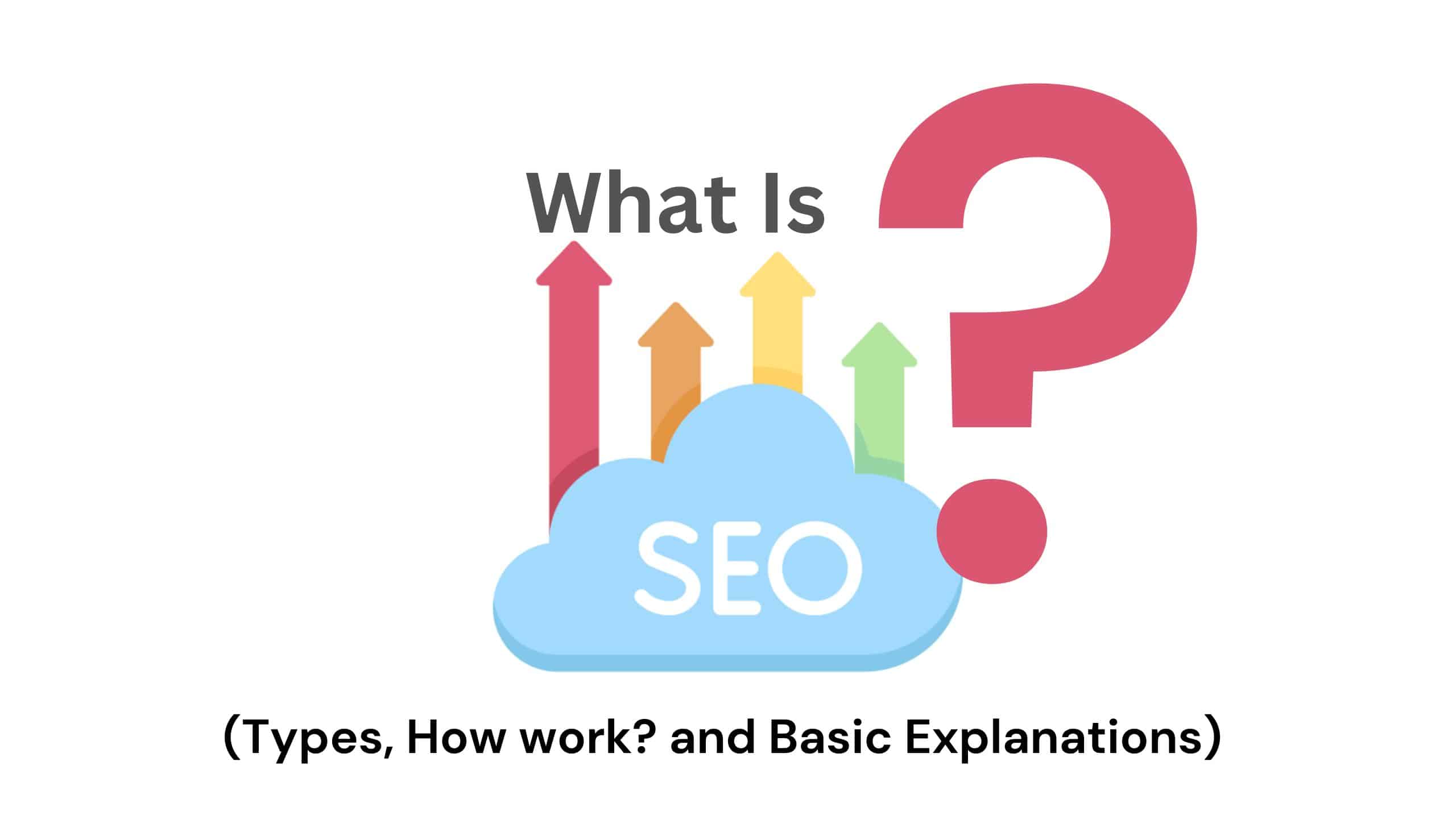Hreflang is an HTML attribute used to indicate language and regional targeting of web pages to search engines. It helps search engines understand which version of a page to serve to users based on their language and location. The hreflang attribute works in pairs, where each page specifies its language and target region and also includes a return link to the alternate versions of the same content in different languages and regions.
When implementing hreflang, it’s crucial to ensure that the return links are appropriately set up. Failing to include return links or misconfiguring them can lead to various implications, both in terms of user experience and search engine optimization (SEO).
Here are some of the key implications of missing hreflang return links:
▪️ Incorrect Language/Region Targeting:
The absence of return links can confuse search engines, leading to incorrect language and region targeting. This means users may be served content in the wrong language or region, resulting in a poor user experience and decreased engagement.
▪️ Duplicate Content Issues:
When hreflang return links are missing, search engines may treat each version of the page as a standalone page without considering the relationships between them. This can result in duplicate content issues, potentially leading to lower search engine rankings and reduced organic traffic.
▪️ SEO Performance Impact:
Proper implementation of hreflang with return links is crucial for international SEO. Missing return links can negatively impact your website’s visibility in search results for specific languages and regions, ultimately affecting organic traffic and potential business opportunities.
▪️ User Frustration:
Users who land on pages with content in a different language or region than their preference may become frustrated and leave your site, increasing bounce rates and reducing overall user satisfaction.
▪️ Inconsistent User Experience:
Without return links, users navigating between different language or region versions of your website may encounter inconsistencies in content, navigation, and overall experience. This can lead to a lack of trust in your brand and reduced loyalty.
▪️ Loss of Ranking Opportunities:
Search engines consider the relevance and quality of return links when determining the ranking of pages in their search results. Missing return links can prevent your pages from benefiting from potential ranking signals from alternate language/region versions.
▪️ International Audience Reach:
Without hreflang return links, your website may struggle to reach and engage international audiences effectively. This can limit your ability to expand into new markets and attract diverse customer segments.
▪️ Crawling and Indexing Issues:
Search engine crawlers rely on hreflang to discover and understand the relationships between pages in different languages and regions. Missing return links may hinder the crawling and indexing process, making it harder for search engines to find and rank your international content.
▪️ Localization Efforts Ineffectiveness:
If you’re investing in localized content and marketing efforts for specific regions or languages, missing hreflang return links can undermine these efforts by not connecting the localized versions appropriately.
▪️ International Competitiveness:
In global markets, proper hreflang implementation with return links is a standard practice. Failure to comply may put you at a competitive disadvantage compared to other international businesses that have correctly implemented hreflang.
The implications of hreflang missing return links can significantly impact your website’s international SEO, user experience, and overall online performance. It is crucial to implement hreflang correctly and ensure that all language and region versions of your pages have proper return links to provide a seamless user experience and effectively target international audiences.





